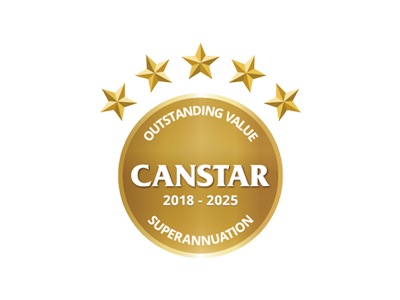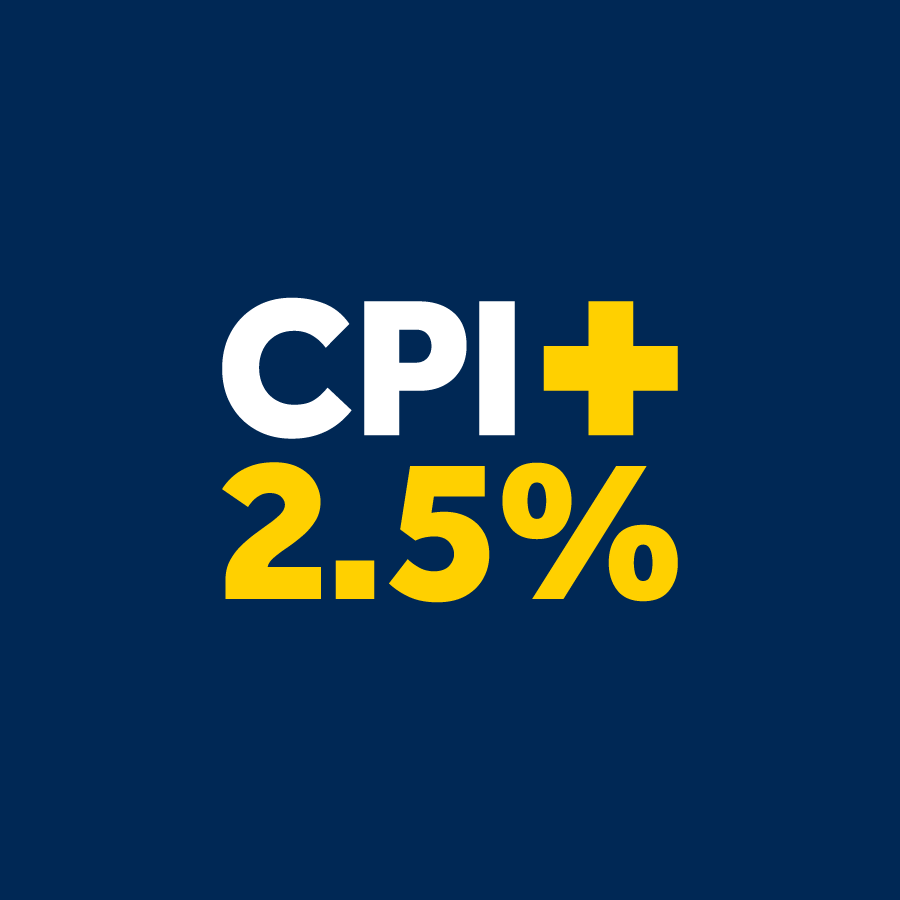
When you think of retirement, what springs to mind? Is it travelling the world? Kicking back and relaxing? Spending time with family and friends?
If you’re just starting out in the workforce, retirement might seem a long way away. But your superannuation is key to achieving a comfortable lifestyle in retirement. A retirement full of good stuff. Here’s some basics about superannuation and how it can help you create the future you deserve.
What is superannuation?
Superannuation, also known as ‘super’, is a way for Aussies to save money for retirement. Building a healthy super balance is one of the best ways to enjoy a comfortable lifestyle in retirement, with the little luxuries and fun you’ve always dreamed of.
While you are working, your employer must pay a percentage of your salary into the super fund of your choice. This is known as the Superannuation Guarantee. At the moment, the minimum Super Guarantee is set at 12% of your before-tax salary. Importantly, this money doesn’t come from your pay packet – it’s in addition to your regular salary or wages.
When it comes to eligibility for super payments, the rules are simple: your employer must pay super if you are over 18. It doesn’t matter whether you’re a casual, part-time or full-time employee. If you’re under 18, employers must pay super if you work more than 30 hours per week.
Generally, your super is held by your fund until you retire from the workforce and have reached ‘preservation age’. This varies between 55 and 60 years old, depending on when you were born.
What do super funds do?
Your super fund is responsible for safeguarding and optimising your superannuation until you’re eligible to access it (or until you change funds).
Super funds typically invest in a range of different assets with the aim of growing their members’ balances, including cash, shares, property and fixed interest. This is called investment diversification (or, not having all your eggs in one basket). Each type of asset has a different level of risk and return – so it’s important to check the various options and decide what’s right for you.
It’s a good idea to spend a bit of time doing your research, as selecting the right super fund can make a big difference to your balance when you retire.
How do I choose a super fund?
While your employer may have a default super fund, you have the right to choose your own super fund. It’s a good idea to spend a bit of time doing research, as selecting the right fund can make a big difference to your balance when you retire.
There are a few different types of funds to choose from, including:
- Industry super funds. Industry super funds, like Hostplus, are run only to benefit members. Despite their name, most industry funds are open to all Australians.
- Retail super funds. These funds are owned by investment companies and financial institutions, which aim to generate a profit.
- Corporate funds. These are funds owned by individual businesses, which the business’s employees can join. However, this generally isn’t compulsory.
- Public sector funds. These are restricted to state and federal government employees.
- Self-managed super fund (SMSF). This is a fund that you manage yourself, meaning you choose the investments and are responsible for all decisions and risks. Hostplus gives SMSF investors the opportunity to access award-winning investment options from the Hostplus Investment option menu.
It’s particularly important to look at the fund’s performance and fees, as these will have a direct impact on your savings.1 But you may also want to consider things such as insurance, other services (like financial advice), investment options, the ability to choose and control your investments, and the fund’s attitude towards responsible investment. See how Hostplus compares.
How can I grow my super?
The more you can do to maximise your super, the better position you will be in when you retire. There are a few things you can do:
- Check your fund’s net benefit. The net benefit is the amount of money that actually ends up in your super account, once fees and costs have been deducted from your investment earnings. The combination of low fees and strong long-term returns can make a huge difference to your retirement savings.
- Make additional contributions. Boost your balance by making voluntary payments above and beyond your employer’s contributions – you’ll be surprised how even small amounts can make a big difference over time.
- Consolidate your super. If you’ve changed jobs in the past, you may have more than one super fund. By consolidating your super into a single account, you can avoid paying two or more sets of fees – and that means more money for your retirement.2
- Consider your investment options. If you have time on your side, a high-growth investment option may help you build your balance. However, it’s important to carefully weigh up the risks and your specific situation. Consider getting financial advice before you make a decision.
Wherever you are in life, your super is one of the best ways to give your future self a serious financial boost in a tax effective way. A simple way to create the retirement of your imagination? That’s a plus+.
The information in this article is correct as at time of publication.
This information is general advice only and does not take into account your personal objectives, financial situation or needs. You should consider if this information is appropriate for you in light of your circumstances before acting on it. Please read the relevant Hostplus Product Disclosure Statement (PDS), available at hostplus.com.au before making a decision about Hostplus. For a description of the target market, please read the Target Market Determination (TMD), available at hostplus.com.au.
1. Past performance is not a reliable indicator of future performance, and should never be the sole factor considered when selecting a superannuation fund.
2. Before consolidating, you should compare the features of each fund, including checking with your existing super fund on whether there are any fees or charges that may apply or any loss of benefits, such as insurance cover, or whether there will be any restrictions placed on your new insurance cover. If you do have insurance cover with another super fund, you may be able to transfer that cover to Hostplus. To find out if you are eligible, visit hostplus.com.au/insurance to learn more. You may also find it beneficial to obtain advice from a licensed financial adviser.








